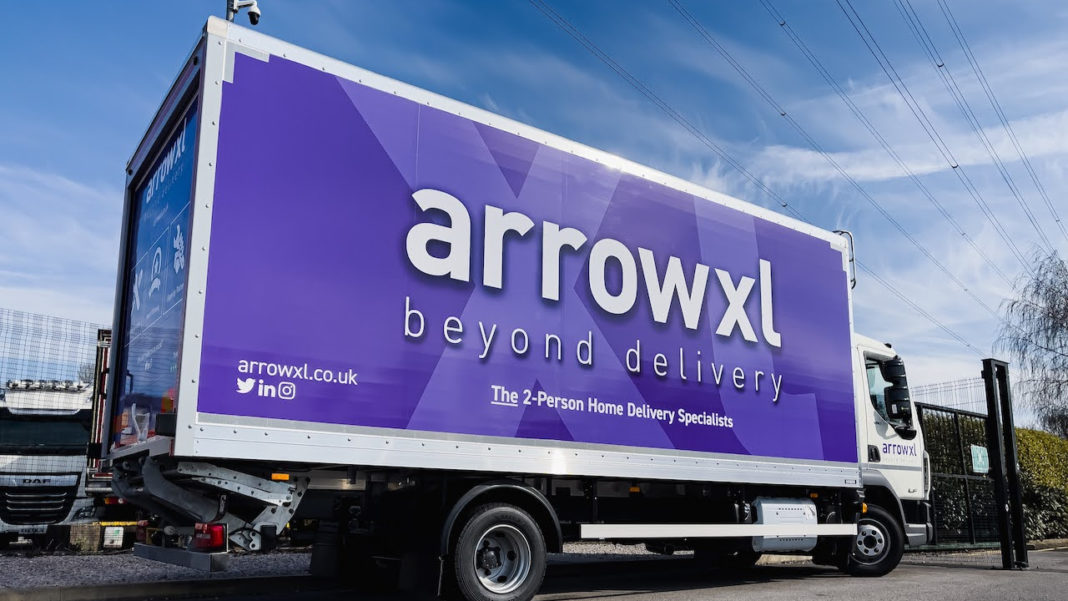Although the disparity in gender equality in the UK continues, there is definitely a positive trend suggesting that women are making substantial progress in entering the workforce. In 2020, 78% of adult women were in work in the UK, (compared to 80% of adult men). However, many women are still under-employed, with 38% of women in part-time work, (10% for men) and the gender pay gap still shows the average woman earning 40% less than the average man.
The logistics industry is a prime example of an area that has traditionally been strongly male-dominated with women making up only 23% of employees in Europe. With the current economic and recruitment crisis within this sector, many employers are keen to explore and recruit this previously under-represented group of workers.
Women in logistics are typically working in low-paying jobs: administration, sales, catering, and cleaning, while men dominate engineering, driving and managerial roles. Research from the US suggests that just 11% of logistics and supply chain leaders are female. Companies are now recognising that gender diversity comes with substantial benefits, (especially when they have diverse leadership teams), and are taking steps to reverse this trend, with recent gender initiatives demonstrating promise: attracting talent, bringing women’s voices into the policy discussion, and helping drive a more inclusive and resilient future for the sector and the wider economy.
For those women who have chosen to work in logistics, the scarcity of significant development opportunities is a genuine concern. While many are happy with the roles they are currently performing, it’s also important to know that there is somewhere they can go when they’re ready to move on. If those opportunities don’t exist within the industry, they will eventually need to look elsewhere — taking their skills and experience with them.
Lately, there has been a great deal of enthusiasm over the rising number of female truckers and HGV drivers in the UK. While this is a good sign, it is worth remembering that we are still talking about an incredibly low number. Women currently comprise just 0.7% of qualified HGV drivers across the country.
Claire Adams, Transport Manager ArrowXL has worked for ArrowXL, the UK’s largest and longest established 2-person home delivery specialist, for over 17 years.
“As Transport Manager it’s really important that I have a good relationship with our drivers. Because I’ve worked my way up through the company they trust and respect me – we have great engagement.”
Claire believes that there’s been a cultural shift in the logistics industry over the past few years.
“There are far more opportunities for women in senior roles now, than when I joined ArrowXL. When I started I was the only woman in my department. Now there are five women in our team and we have a number of female drivers – one who drives a 7.5 tonne vehicle and 2 Class One Trunkers.”
According to Prologis there is a much better gender balance in warehousing. with 34% of workers being female. Angharad Burton is the Returns and Warehouse Solutions Shift Manager at ArrowXL. She’s responsible for a team of 50 and deals with clients and stock levels for the UK delivery specialist.
“I did a degree in biology and when I graduated in 2018, I started as a Returns FLM in the customer service department for ArrowXL. I was promoted to shift manager for Returns and Warehouse Solutions in 2020, to support the expansion of the department.
“Warehousing is historically very physical work so it’s often hard to break down the mentality that women can work in the industry, but there’s no reason why they shouldn’t. It’s incredibly interesting and challenging with great prospects for promotion.”
Although there are still significant practical and cultural changes needed if the industry is to recruit substantial numbers of women to work in this challenging sector, it’s clear that women working in logistics view the outlook as immensely positive. Far from feeling isolated, they praise their workplace’s support, teamwork, and camaraderie. Just like the men they work alongside, they thrive on the combination of physical exertion, planning, problem-solving, communication, and adaptability that their roles require.





